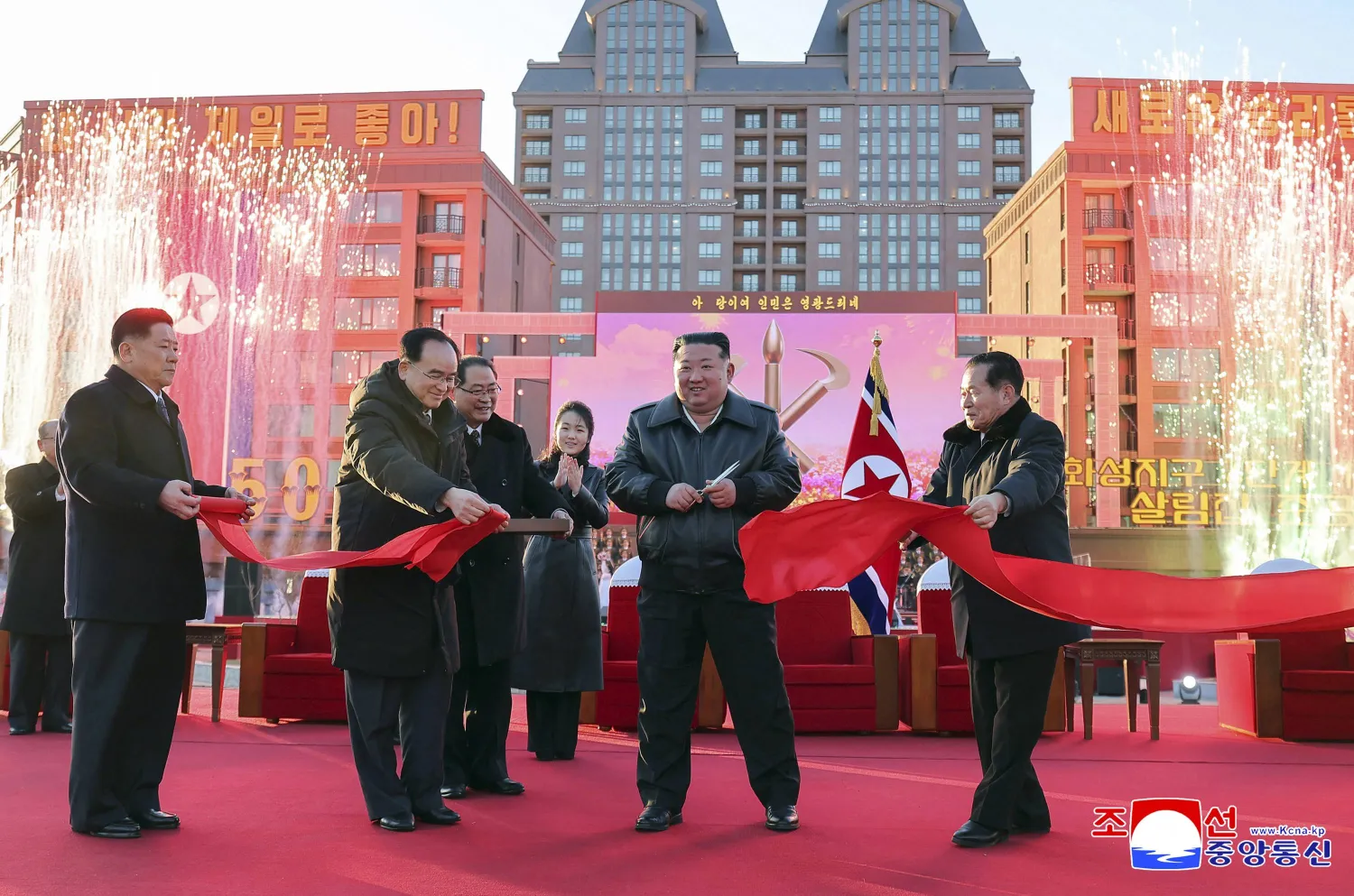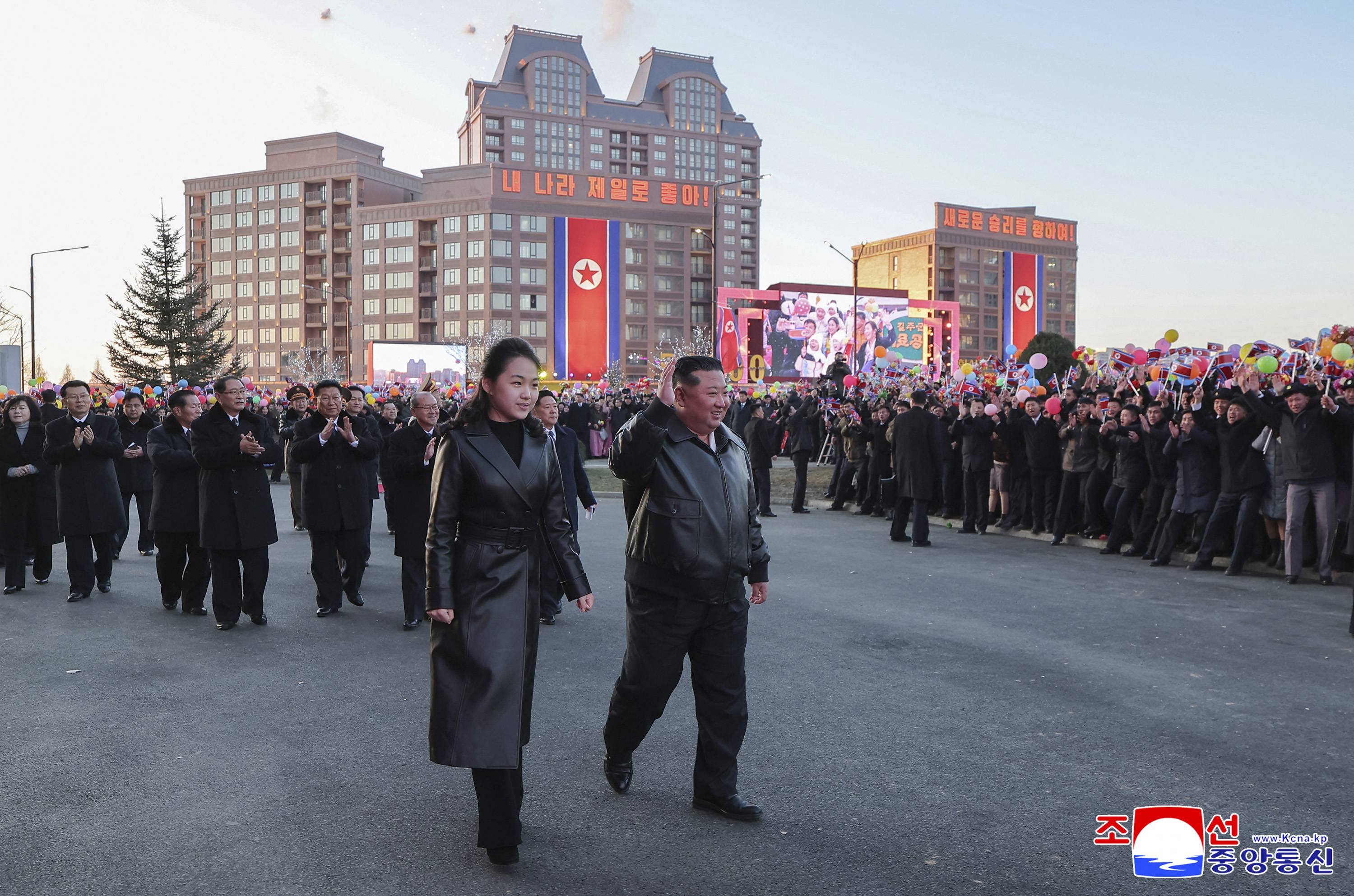Iranian Supreme Leader Ali Khamenei on Tuesday blamed the US and its European allies for stoking popular protests that rocked Iran for months.
In his Nowruz New Year message to the nation, Khamenei shut down calls for change at home, stressing that the economy is the most important issue facing the country.
He also refused that Tehran be a party to the Ukrainian war. While he welcomed the development of diplomatic relations in Asia, he left the door open to relations with the Europeans, on the condition that they avoid "blind dependence" on US policy.
The Iranian leader pushed his version of the story behind the protests that swept across the country after the death of the young Kurdish woman, Mahsa Amini, last September, and accused the US of fueling protests.
Furthermore, Khamenei emphasized the need for informed public opinion in Iran, adding “if public opinion does not welcome an idea, it will not be implemented in practice.”
“The goal of the enemy is to eliminate the country and establishment’s points of strength and to get issues that remind the people of the Revolution, pure and revolutionary Islam fade into oblivion,” Khamenei noted.
Khamenei, according to state media, underlined that the ultimate goal of the apparently pro-change and transformation statements by the enemy is to turn Islamic democracy into a one-man and submissive government or one that is superficially democratic but is submissive to the West in practice.
“Whoever talks at home about changing the constitution is basically repeating what the enemies say,” said Khamenei, in a thinly veiled hint at the call for a constitutional referendum proposed by reformist leader, Mir-Hossein Mousavi.
“If we are not vigilant, we could harm our strengths in the name of change,” Khamenei warned.










